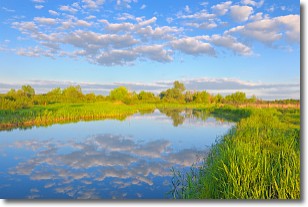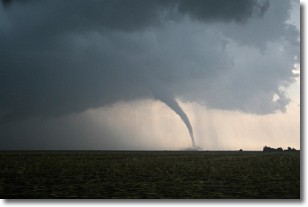Weather Alert in Illinois
Flood Advisory issued August 19 at 5:34AM CDT until August 19 at 10:30AM CDT by NWS Chicago IL
AREAS AFFECTED: Kendall, IL
DESCRIPTION: * WHAT...Flooding caused by excessive rainfall continues. * WHERE...A portion of northeast Illinois, including the following county, Kendall. * WHEN...Until 1030 AM CDT. * IMPACTS...Creeks and streams may be out of their banks. Low-lying areas such as fields and ditches may remain flooded. Some roadways may be flooded, as well. * ADDITIONAL DETAILS... - At 530 AM CDT, Doppler radar and automated rain gauges indicate that between 2 and 4 inches of rain fell across the county on Monday evening. It will likely take additional time for flood waters to fully recede. - Some locations that will experience flooding include... Oswego, Yorkville, Minooka, Plano, Sandwich, Montgomery, Boulder Hill, Newark, Millington, Millbrook, Lisbon, Plattville, Bristol, Little Rock, far southern Aurora, far western Joliet, and far western Plainfield. - http://www.weather.gov/safety/flood
INSTRUCTION: A Flood Advisory means minor flooding along waterways and other poor drainage areas is imminent or may already be occurring. Persons in the advisory area should use caution and avoid flood waters.
Want more detail? Get the Complete 7 Day and Night Detailed Forecast!
Current U.S. National Radar--Current
The Current National Weather Radar is shown below with a UTC Time (subtract 5 hours from UTC to get Eastern Time).

National Weather Forecast--Current
The Current National Weather Forecast and National Weather Map are shown below.

National Weather Forecast for Tomorrow
Tomorrow National Weather Forecast and Tomorrow National Weather Map are show below.

North America Water Vapor (Moisture)
This map shows recent moisture content over North America. Bright and colored areas show high moisture (ie, clouds); brown indicates very little moisture present; black indicates no moisture.

Weather Topic: What are Stratocumulus Clouds?
Home - Education - Cloud Types - Stratocumulus Clouds
 Next Topic: Stratus Clouds
Next Topic: Stratus Clouds
Stratocumulus clouds are similar to altocumulus clouds in their
fluffy appearance, but have a slightly darker shade due to their additional mass.
A good way to distinguish the two cloud types is to hold your hand out and measure
the size of an individual cloud; if it is the size of your thumb it is generally
an altocumulus cloud, if it is the size of your hand it is generally a
stratocumulus cloud.
It is uncommon for stratocumulus clouds to produce precipitation, but if they do
it is usually a light rain or snow.
Next Topic: Stratus Clouds
Weather Topic: What are Wall Clouds?
Home - Education - Cloud Types - Wall Clouds
 Next Topic: Altocumulus Clouds
Next Topic: Altocumulus Clouds
A wall cloud forms underneath the base of a cumulonimbus cloud,
and can be a hotbed for deadly tornadoes.
Wall clouds are formed by air flowing into the cumulonimbus clouds, which can
result in the wall cloud descending from the base of the cumulonimbus cloud, or
rising fractus clouds which join to the base of the storm cloud as the wall cloud
takes shape.
Wall clouds can be very large, and in the Northern Hemisphere they generally
form at the southern edge of cumulonimbus clouds.
Next Topic: Altocumulus Clouds
Current conditions powered by WeatherAPI.com




